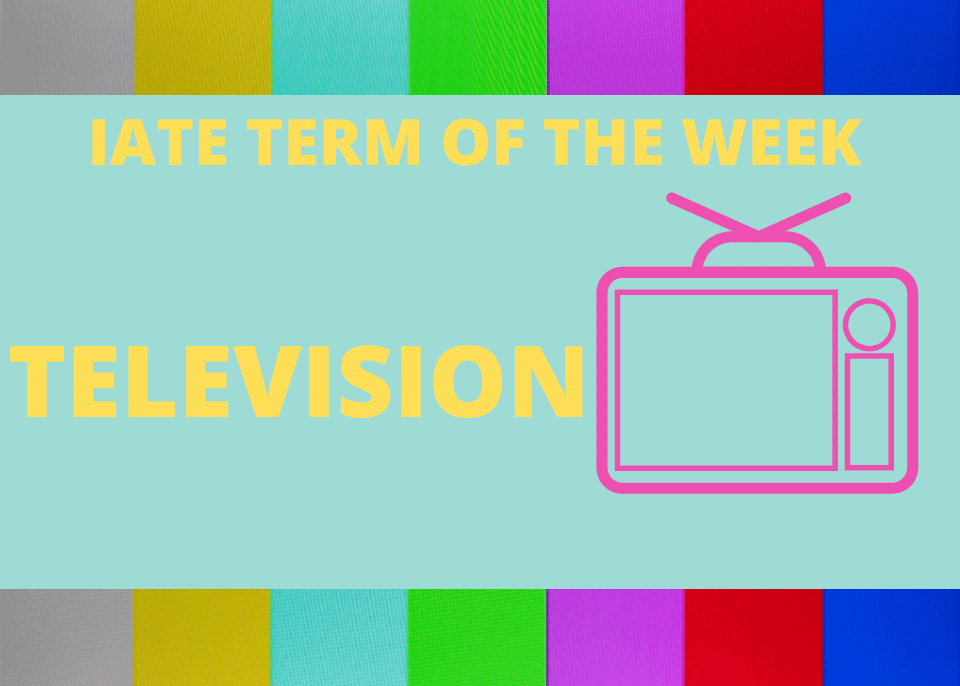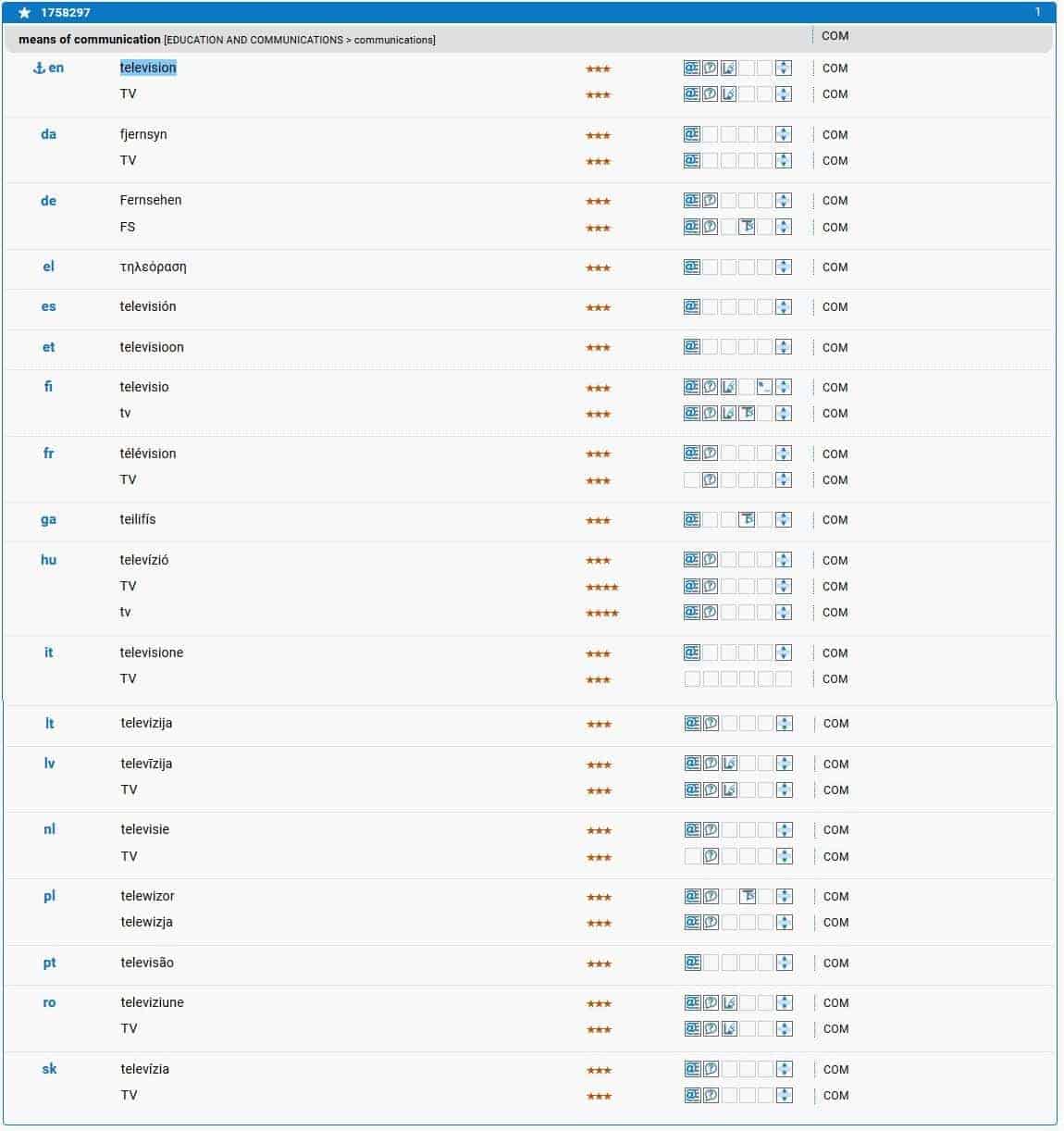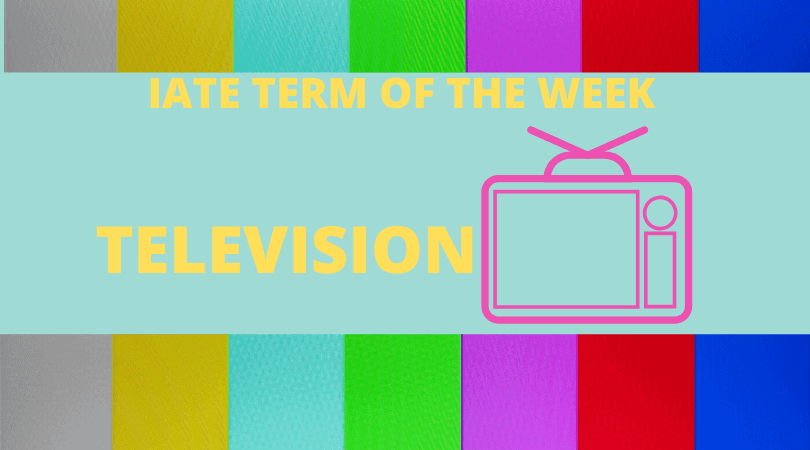 Television is one of the living room mainstays. According to researches, more than 260 million households in Europe had at least one TV device in 2017. In the early of 1900, the television was one of the most radical invention, which changed the world.
Television is one of the living room mainstays. According to researches, more than 260 million households in Europe had at least one TV device in 2017. In the early of 1900, the television was one of the most radical invention, which changed the world.
The story of Television begun in science labs and it was the outcome of many individuals’ hard work, in the late 19th and early 20th centuries. The word “télévision” was coined by Constantin Dmitrievich Perskyi in a paper that he presented in French at the 1st International Congress of Electricity. That means that the first documented usage of the term was in French language. The word télévision comes from the Ancient Greek τῆλε (tèle), meaning ‘far’, and the Latin visio, meaning ‘sight’. After this moment in all European countries, they use the word created by synthetics tele + vision. German, Danish, Irish and Greek are the only exceptions. These languages translate synthetics of the term télévision: da:fjern (“remote, distant”) + syn (“sight, viewing”), de: Fernsehen fern (far) et de sehen (see), ga: teilifís teili (distance) + fís (vision) and el: τηλεόραση, τηλε (far) + όραση (sight). Of course, the abbreviation TV is well used in plain language of all languages of the European Union. The 21 of November is the World Television Day. This day reminds us the important role of the television in communication and its beneficial purposes. No matter the ambiguous content of TV in our days, we have to admit that television is a huge point in human history. It changed the way messages are emitted by bringing motion image in our homes. In addition, it is a very democratic medium because it is cheap, it provides access to information, it promotes pluralism and it is source of entertainment. To conclude, let us not forget that the audience forms what the television shows, so if we do not like the content, we should not blame the device but we have to make more responsible choices.
The 21 of November is the World Television Day. This day reminds us the important role of the television in communication and its beneficial purposes. No matter the ambiguous content of TV in our days, we have to admit that television is a huge point in human history. It changed the way messages are emitted by bringing motion image in our homes. In addition, it is a very democratic medium because it is cheap, it provides access to information, it promotes pluralism and it is source of entertainment. To conclude, let us not forget that the audience forms what the television shows, so if we do not like the content, we should not blame the device but we have to make more responsible choices.

Sources:
Number of TV households in Europe from 2009 to 2017, Statista https://www.statista.com/statistics/370199/households-with-a-televison-in-europe/, Accessed on 19 November.
Constantin Perskyi, Wikipedia, Wikipedia, https://en.wikipedia.org/wiki/Constantin_Perskyi, Accessed on 19 November
Television, IATE, https://iate.europa.eu/search/standard/result/1574160088737/1, Accessed on 19 November
History of television, Wikipedia, https://en.wikipedia.org/wiki/History_of_television#Terrestrial_television, Accessed on 19 November
Television, Wikipedia, https://en.wikipedia.org/wiki/Television, Accessed on 19 November
Televisio, Encyclopaedia Britanica, https://www.britannica.com/technology/television-technology, Accessed on 19 November
Television Etymology, Google search, https://www.google.com/search?client=firefox-b-e&q=television+etymology, Accessed on 19 November

Antonia Pappa – Communication trainee at the Terminology Unit
Born in Greece in 1992. She holds a Bachelor degree of Communication, Culture and Media and she worked, for three years, for a newspaper and food magazines in Greece. Antonia is now taking a Master’s degree in International Marketing and Communication and is working her thesis about social media advertising. In her free time, she likes travelling, doing yoga and going for a walk with her dog.

